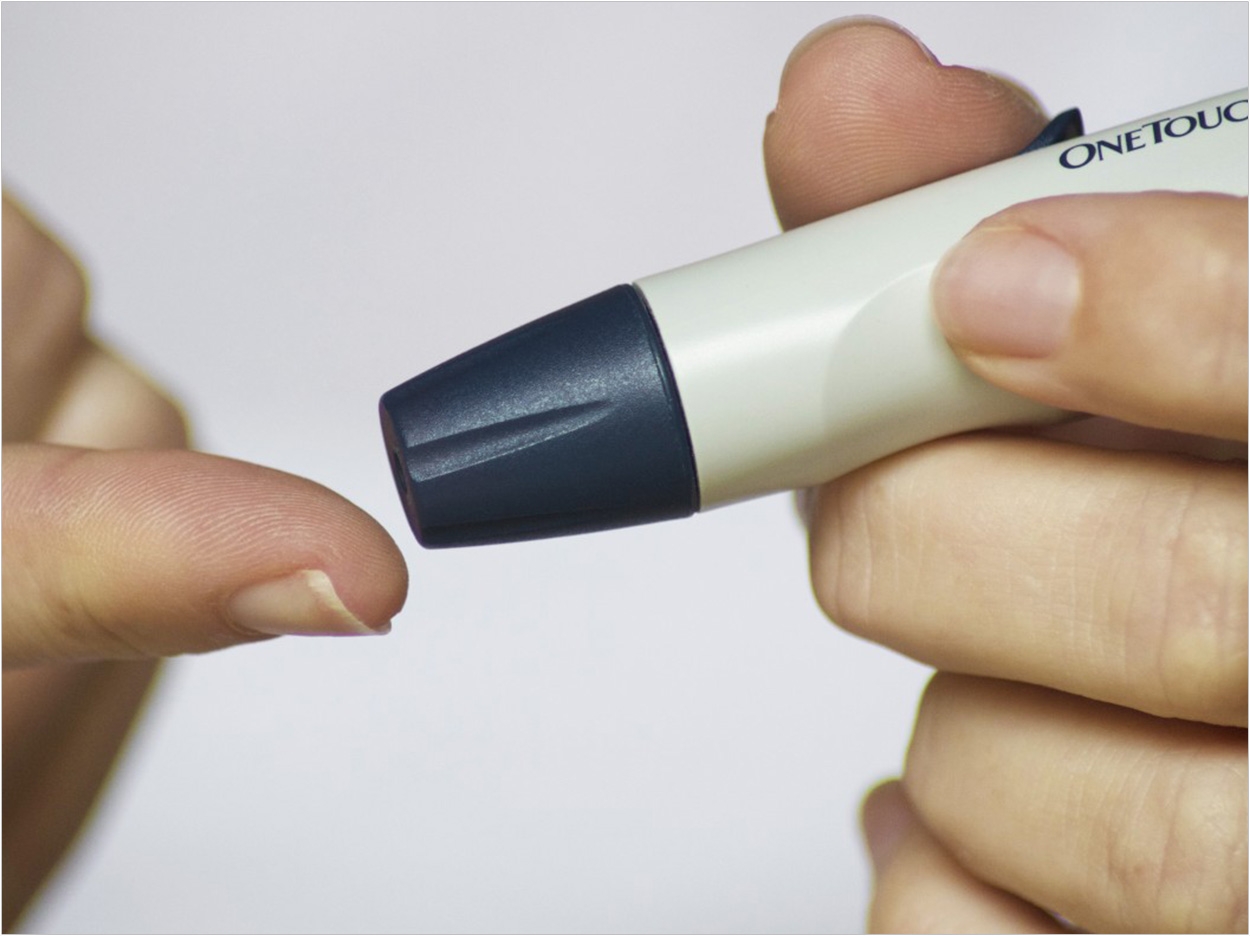
The National Institute of Dental and Craniofacial Research has awarded the New York University (NYU) College of Dentistry and the University of Pennsylvania School of Dental Medicine a five-year, $2.2 million grant to explore the biological mechanisms that contribute to poor oral health and related bone loss among people with diabetes.
People with type 2 diabetes are prone to developing periodontitis. Diabetes may accelerate periodontitis through metabolic dysregulation, shifts in bacterial colonization, inflammation, and bone loss. The International Diabetes Federation estimates that at least 55% of people with diabetes will develop chronic periodontitis.
Since bone loss and fracture risks are key concerns for people with diabetes, the researchers have been exploring the underlying mechanism for periodontal bone loss in people with diabetes. In their previous work, the researchers found that succinate, an important metabolite, is significantly elevated by high blood sugar and in type 2 diabetes patients.
Succinate activates the succinate receptor to stimulate the development of osteoclasts and bone resorption. In a study in mice, periodontal bone loss was greater in normal mice with more succinate and mitigated in mice deficient in the gene for succinate receptors.
“We hypothesize that targeting succinate signaling will prevent the acceleration of periodontal disease. Our research will test this hypothesis and reveal the underlying mechanisms of succinate actions from multiple perspectives,” said Xin Li, PhD, associate professor or basic science and craniofacial biology at NYU and lead principal investigator of the study.
The new grant will be used to determine if elevated levels of succinate accelerate the progression of periodontal disease. Using mouse models, the researchers will investigate whether succinate signaling alters the oral microbiome, study the role of succinate as an inflammatory and immune mediator, and determine whether blocking succinate signaling can thwart diabetes-related periodontal bone loss.
“Because we’ve found that succinate has significant implications for periodontal disease, we hope that by understanding this novel mechanism, we can help prevent periodontal bone loss in those with diabetes,” said Deepak Saxena, PhD, associate professor of basic science and craniofacial biology at NYU and one of the project’s principal investigators.
Related Articles
Patients With Diabetes Visit the Dentist Less Frequently
Missing Teeth May Indicate Diabetes Risk
Questionnaire Measures Diabetes Risk in the Dental Office












